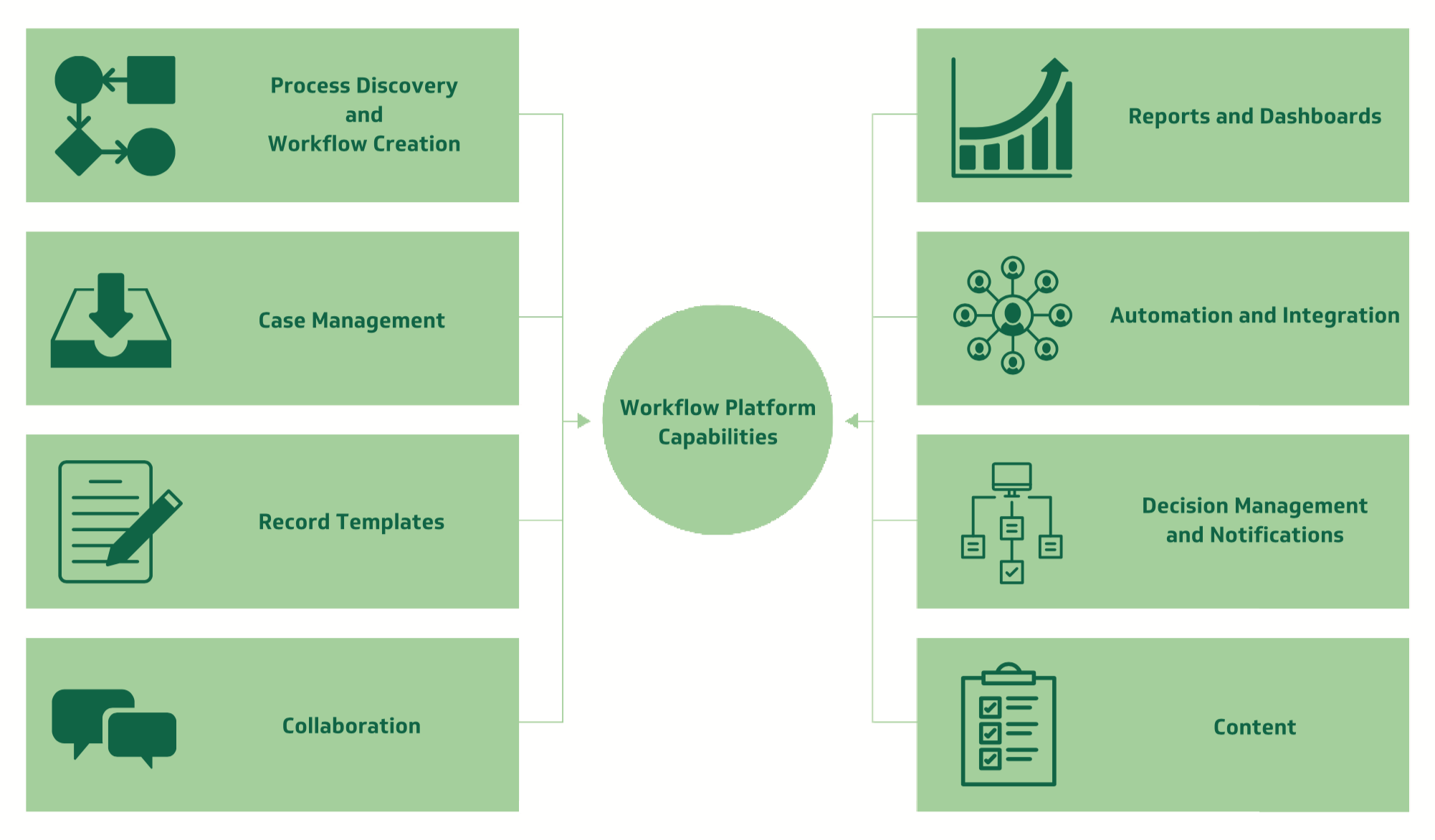Marc Hoogstad, Head of Product Management at Finworks, explains how workflow management platforms can boost workforce digital dexterity, optimise organisational agility, and support businesses in implementing new ways of working to achieve desired outcomes
The public sector is faced with core activities that are either unsupported or not supported well by existing digital applications, making it difficult for teams to maximise efficiency and productivity. In real-world situations, there is little time to define processes, especially more complex ones involving data exchange between applications or external systems.
Often these processes are associated with significant security, access, and permission risks.
Alongside these challenges, there is a need to foster digital skills within teams. Gartner’s Digital Worker Experience survey, published in 2023, found that more than 90% of workers see improvement in their digital technology skills as important to their career advancement, work effectiveness and work autonomy.
Implementing a robust workflow management platform will not only support operational improvements and mitigate risks but also allow all teams to gain valuable skills.
Collaborative workflow management platforms
Transformation initiatives, whether aimed at launching new digitally enabled products and services, enhancing customer experience, or transforming operations, require rethinking underlying processes.
A workflow management platform automates end-to-end business processes across organisational and ecosystem boundaries.
Various teams can use workflow management platforms to plan, standardise and track activities making it possible to introduce control, visibility, automation, and collaboration into otherwise disjointed value chains. Workers in a digital workplace can benefit from more tangible examples of the impact of their efforts.
Workflow management platforms enable process stakeholders to collaborate with other stakeholders to achieve the desired outcomes. Effective technology is designed around the key concept of continuous improvement to drive efficiency, scalability, accountability, visibility, and accuracy for predictable steps in a process.

The figure above describes the functionality and capability of workflow management platforms that support digital collaborative working.
Workflow management platforms play a significant role in transformation initiatives by providing business rules and process creation, workflow configuration and detailed reporting and metrics for management information (MI). Through workflow, actions can be automated to improve productivity and audited so dashboards and SLAs can be implemented and outcomes measured.
Implementing a digital transformation strategy
Demand for tools that enable digital transformation is on the rise: digital optimisation and innovation result from discovering new ways to improve and transform the business process.
Digital workplace leaders implement workflow management platforms to increase organisational agility and establish scalable automation that can be applied across the enterprise. Some of the best cases for change apply to the management of long-lived business processes that span functional boundaries.
- When building a solid case for digital transformation, it is recommended that leaders:
Create the business case for workflow platforms by enlisting support from service design stakeholders involved in digital transformation; - Qualify technology use cases by identifying inefficient or failing customer-facing work activities where customisation and integration capabilities are needed. Use cases include:
– Business-led projects
– Executive dashboards
– Case management
– Coordinating multiple activities
– Resource allocation and tracking – Strategic operations
– Product life cycle operations; and - Identify the anticipated business value, employee experience goals and collaboration advancements to measure digital transformation outcomes.
Increasing digital dexterity
Rapidly changing work dynamics are creating new opportunities for digital workplace leaders to boost workforce digital dexterity, help drive organisational alignment and improve personal and team health.
Workforce digital dexterity, ambition and ability to use technology to drive better business outcomes will be critical in ensuring future organisational prosperity.
The implementation of a workflow platform supports the building of digital dexterity skills in three key areas:
Content – the ability to collaborate in real time.
Data – effective use of prebuilt dashboards and use of data to make business decisions.
Process – the ability to plan and follow workflows and processes, create notifications, and explore low-code configuration and administration.
Realising the business value of digital transformation and the associated products and services goes beyond providing modern platforms focusing on productivity.
To enable new ways of working to achieve business outcomes, digital workplace leaders must create a strategy that builds workforce digital dexterity with experiential training and development opportunities.
Without this enablement support, employees will continue to use less-productive and less-impactful ways of working.
Building digital dexterity skills impacts other departments and organisations.
Empowering autonomy within business units reduces workload that would otherwise fall to IT specialists. The shift to business control has implications for roles and responsibilities in quality control, data management, case management, maintenance, and support.
Finworks workflow management platform
Finding a trusted technology partner with long-term experience in achieving collaborative process change is important. Finworks is a mature, niche supplier of industrial strength low code workflow platforms.
We primarily work with government departments and private institutions with a need to solve large, complex process challenges.
Our digital transformation projects are delivered collaboratively on time and to budget and provide the means for our clients to run their operations with lower costs, improved efficiencies, less complexity and enhanced business insight and agility, all supporting a modern workforce and sustainable organisational prosperity.

This work is licensed under Creative Commons Attribution-NonCommercial-NoDerivatives 4.0 International.











